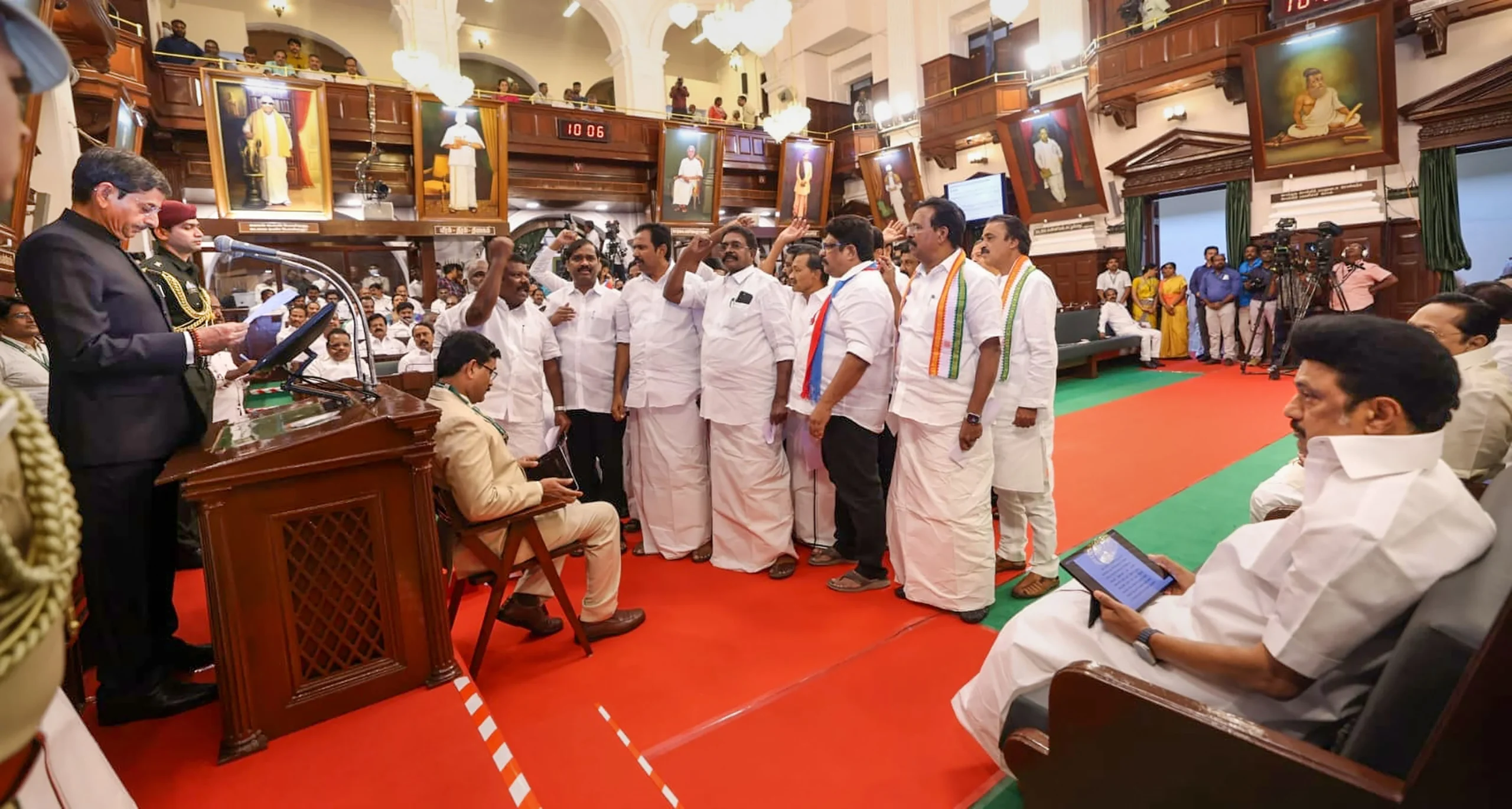The conduct of Tamil Nadu Governor, R.N. Ravi, has come under constitutional scrutiny once again, with his recent refusal to allow the re-induction of K. Ponmudy into the Tamil Nadu Cabinet drawing criticism. Despite a stay on Ponmudy’s conviction in a corruption case, Mr. Ravi initially declined his re-induction, citing “constitutional morality.” However, following criticism from the Supreme Court, Mr. Ravi eventually administered the oath of office to Ponmudy.
Mr. Ravi’s interpretation of the stay on Ponmudy’s conviction raised eyebrows, as he argued that the conviction remained “existent, but made non-operative.” This interpretation contradicts legal principles, as a stay on conviction suspends the legal consequences, including loss of eligibility for being a legislator. Parliament and State legislatures restore membership upon such stays, even reinstating seats declared vacant.
Mr. Ravi’s actions highlight a pattern of reluctance to accept the limitations of his office and a concerning disregard for constitutional norms. His behavior underscores the Union government’s failure to address instances of Governors being reprimanded by the Court. The Court’s intervention has become necessary to discipline such behavior, raising questions about the government’s failure to take remedial measures.
The plurality of litigation concerning Governors’ conduct underscores the need for decisive action from the Centre. It is disconcerting that the government has not pursued measures to replace Governors who consistently flout constitutional norms. This raises suspicions that Governors’ conduct may be influenced more by political assignments than constitutional principles, further eroding trust in the integrity of governance.






